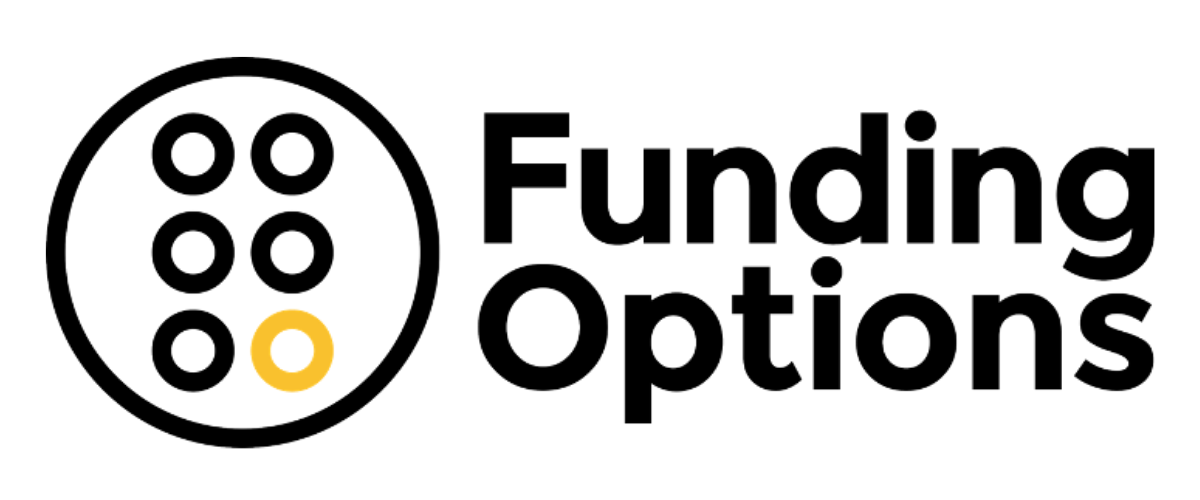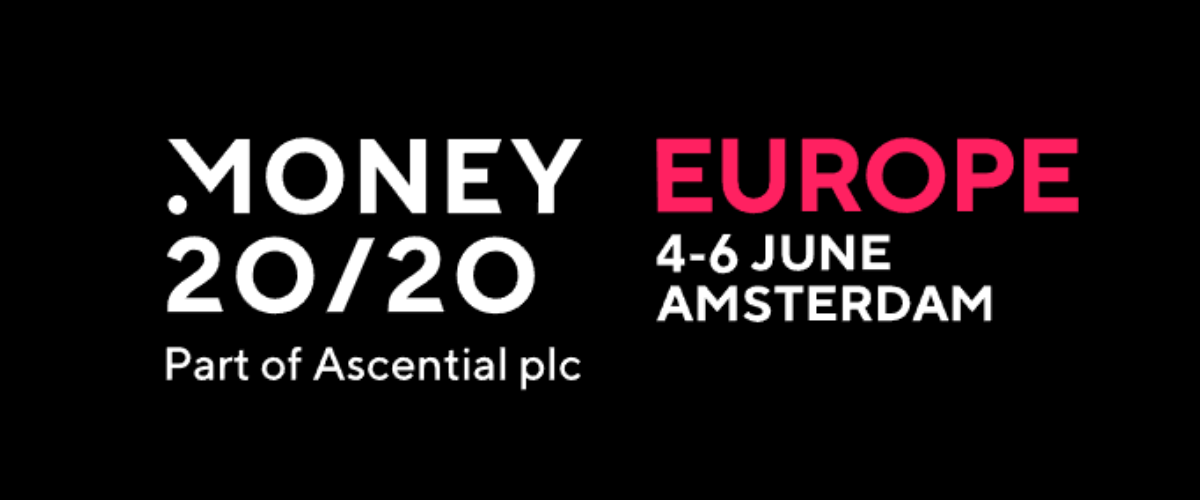On 20 July 2022 the Government announced the latest iteration of the Recovery Loan Scheme (RLS), which is set to run for two years starting from 1 August 2022. As it stands, lenders do not yet have access to the Government loan scheme and are awaiting further information regarding their accreditation. As soon as we have further information we will update this article. Lenders will primarily use the Recovery Loan Scheme to fund businesses that they previously couldn’t. This could be due to factors such as their credit score, trading time, turnover or homeowner status. In other words, If you’re considered as a less risky business, in most cases they will first look to support you using their standard product selection instead of RLS.
Recovery Loan Scheme Extension
The Recovery Loan Scheme opened on 6 April 2021 to help businesses impacted by the pandemic, with the Government providing an 80% guarantee to lenders. Originally poised to end on 31 December 2021, the RLS was extended by six months to 30 June 2022 (with a reduced government guarantee of 70%).
The third RLS version will continue to provide support to businesses, but there are some key differences to keep in mind.
According to Business Secretary Kwasi Kwarteng, businesses won’t need to certify that they’ve been impacted by the Covid-19 pandemic to be eligible.
Lenders, however, must certify that they wouldn’t have been able to provide finance to the business on their normal commercial terms – or that they would, but only at a higher interest rate. In this sense, the RLS will act as an extension of lenders’ standard product range.
The new Recovery Loan Scheme at a glance:
-
Available to SMEs only with a turnover cap of £45M
-
Government guarantee for lenders is 70%
-
Personal guarantees are at the lender’s discretion
-
Delivered through four finance types
-
Term loans (£25,001–£2 million, up to 6 years)
-
Overdrafts (£25,001–£2 million, up to 3 years)
-
Invoice finance (£1,000–£2 million, up to 3 years)
-
Asset finance (£1,000–£2 million, up to 6 years)
Are you eligible for non-RLS funding?
Lenders must look to support businesses under their standard products first. Failing that, they can use the RLS Government Guarantee to provide additional security to enable them to lend.
Much like the old Enterprise Finance Guarantee Scheme (EFG), the new RLS allows lenders to support businesses they previously couldn’t due to their credit score, trading time or homeowner status.
The Government will continue to guarantee 70% of the lender’s liabilities and the maximum funding amount still stands at £2million.
Previously, personal guarantees (PGs) were permitted for facilities above £250,000 only. This time round, PGs will be permitted for facilities under £250,000 too. PGs are at the lender’s discretion, however it’s likely that they will be required. This brings the scheme in line with the standard commercial practice in business lending.
Principal private residences may not be used as security under any circumstances.
Is RLS the best option for me?
In many cases, alternative lending products offer more choice and control compared with the RLS. Businesses may be able to borrow more than they would through the scheme, and might also benefit from better interest rates. What’s more, there’s a much broader selection of non-RLS product choices out there to choose from.
What types of funding options are available now and what are their benefits?
-
Unsecured term loans are perfect for businesses that don’t have assets to offer for security but need funding quickly. With lenders on the market providing loans up to £15m, there’s many options available. Apply now.
-
A Revolving credit facility is a highly flexible funding solution that allows you to withdraw money, use it to fund your business, repay it and withdraw it again. Apply now.
-
Merchant Cash Advances are a highly innovative finance product. The lender provides a cash advance which is repaid as a percentage of card terminal takings. Apply now.
-
Asset finance is a convenient way of borrowing money using a company’s balance sheet assets (inventory, accounts receivable) as security to take out a loan. Apply now.
-
Invoice finance is a way of borrowing money based on what your customers owe to your business. It eliminates payment delays and safeguards your cashflow. Apply now.
_____
Find out more here.



